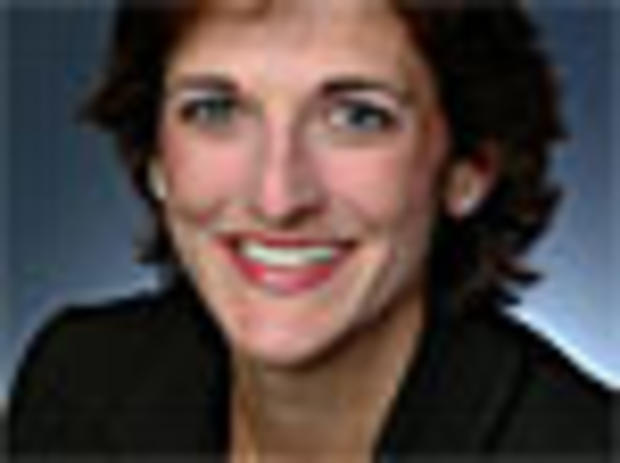Fiduciary: The F-Word a Year Later

This post by Jill Schlesinger originally appeared on CBS' MoneyWatch.com.
One of the first topics I talked about when we launched the site last year was the concept of fiduciary, which requires financial advice-givers to put your interests ahead of his or his firm's. I like to call fiduciary the "F-Word" because it's the dirty little secret of the investment business.
There was a moment early on in regulatory reform when it seemed that fiduciary would become mandatory for all financial professionals. Then it died, only to be resurrected earlier this month. Unfortunately, the F-Word died its second death when the Senate passed its version of the finance bill. That means YOU need to take charge.
That's what I told a friend, who recently posed this question to me: "Do you think that my broker sells me stuff because I need it or because he gets paid by the company to do so?" The answer is I hope the former, but it could be the later.
Once again, here are the 5 questions that you should ask any financial professional. The responses will help define what kind of relationship you can expect in the future.
1) How are you licensed? This is a big one because it can determine if the advice-giver is registered with the SEC as a "fiduciary." I like to call this the "F-word" because it's so loaded. In a fiduciary relationship, your interests must come before the advisor's and/or the firm for whom he works. It's all about you and what's best for your financial life.
Did you know that most professionals in the financial-advice business aren't required to put you first? They don't have a fiduciary responsibility. In fact, the standard under which most brokerage and insurance firm employees operate is the broader and less rigorous concept of "suitability," which may or may not be in your best interest.
That means that your broker does not need to tell you if a cheaper investment alternative exists to the mutual find he is selling or whether the 529 plan in your own state is a better alternative to the one which pays him a commission.
2) How much are you getting paid for making this recommendation? This is the verbal equivalent of looking at the price tag and is important if the pro is not a fiduciary. Often, investors are prudish about asking, but you need to know the cost. If the advice-giver says, "nothing", then be wary.
3) Are there cheaper ways to do the same thing? Can I buy a cheaper mutual fund? Is there a lower cost insurance policy that will cover me? Can I use the 529 Plan offered directly through my state?
4) What is your training in this subject matter? I know plenty of stock brokers who are great at what they do, but have never had formal training. Similarly, there are credentialed folks who stink. That said, I would prefer to know up front whether someone has worked hard and diligently to attain a degree or designation and continues to fulfill ongoing continuing education requirements.
- Designations include:CFP (Certified Financial Planner) CFA (Chartered Financial Analyst) or CPA (Certified Public Accountant). The CFP is the one that indicates a holistic approach to planning and personal financial management, but the other two are equally rigorous.
5) How much am I at risk? Spend some time on this one -- you need to understand what you stand to gain and lose by making any investment. It's OK to decide that the downside risk outweighs the upside potential.
In the end, if you don't understand the answers to any of these questions, or if you feel like the potential advisor is evasive, just walk away. Also, take plenty of time to chew on any major decision or sales pitch. Take a few days and ask if it still seems like a good idea once you're out of the advice-giver's presence? If so, then you can move forward. If not, trust your gut and keep interviewing others.
Jill Schlesinger is the Editor-at-Large for CBS MoneyWatch.com. Prior to the launch of MoneyWatch, she was the Chief Investment Officer for an independent investment advisory firm. In her infancy, she was an options trader on the Commodities Exchange of New York.
